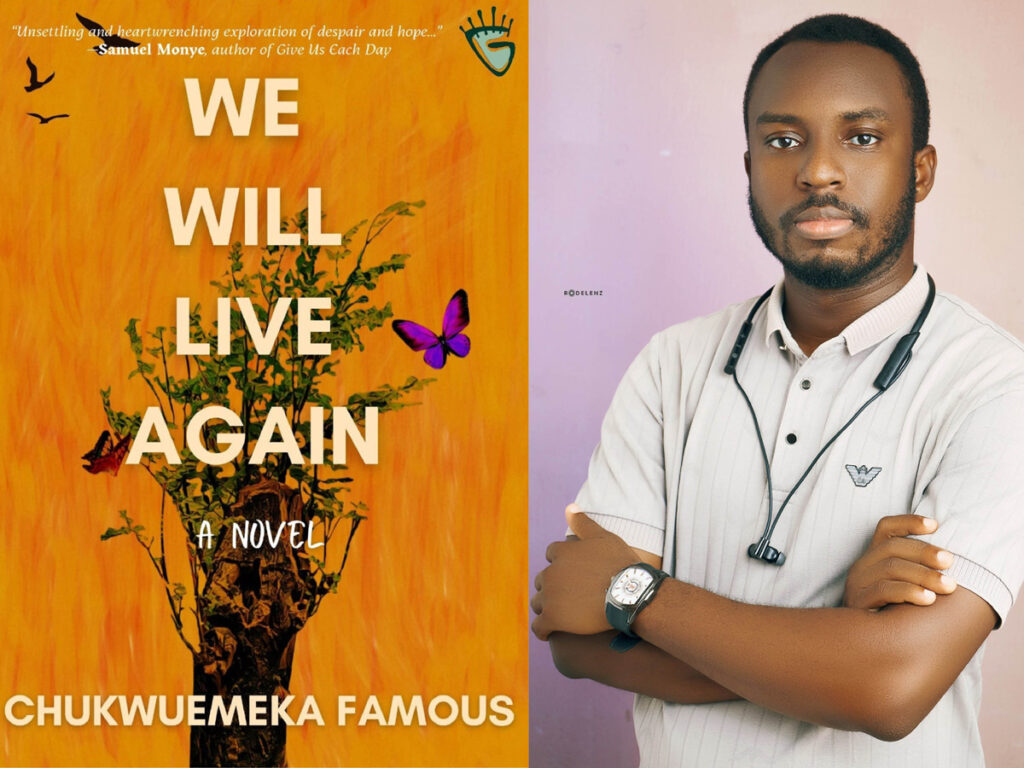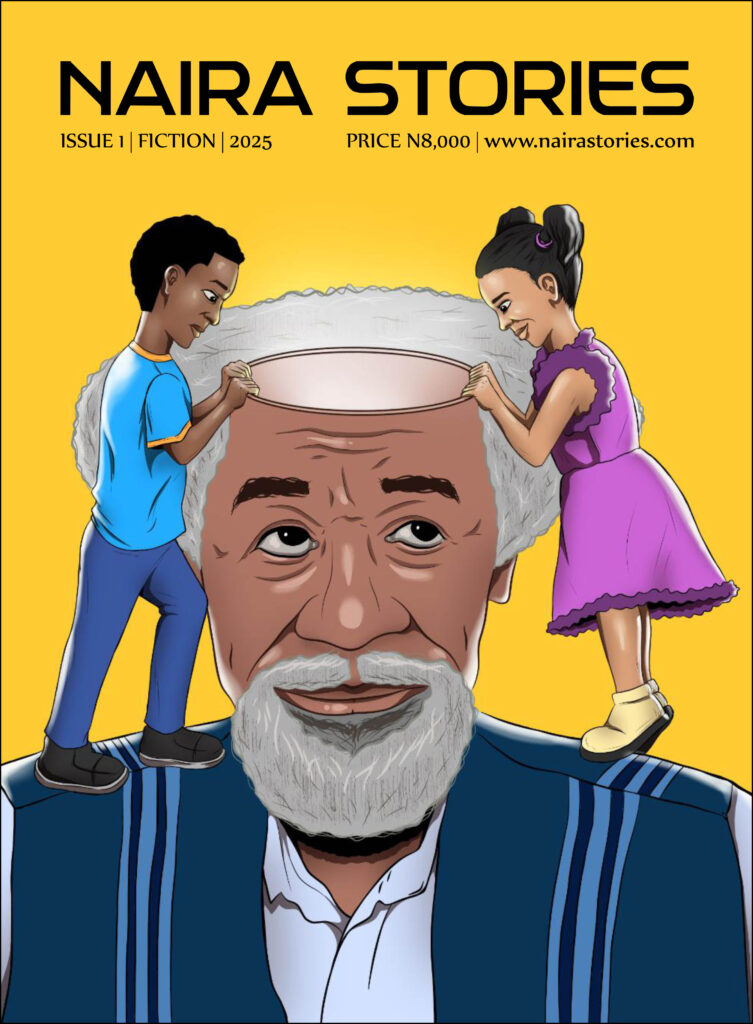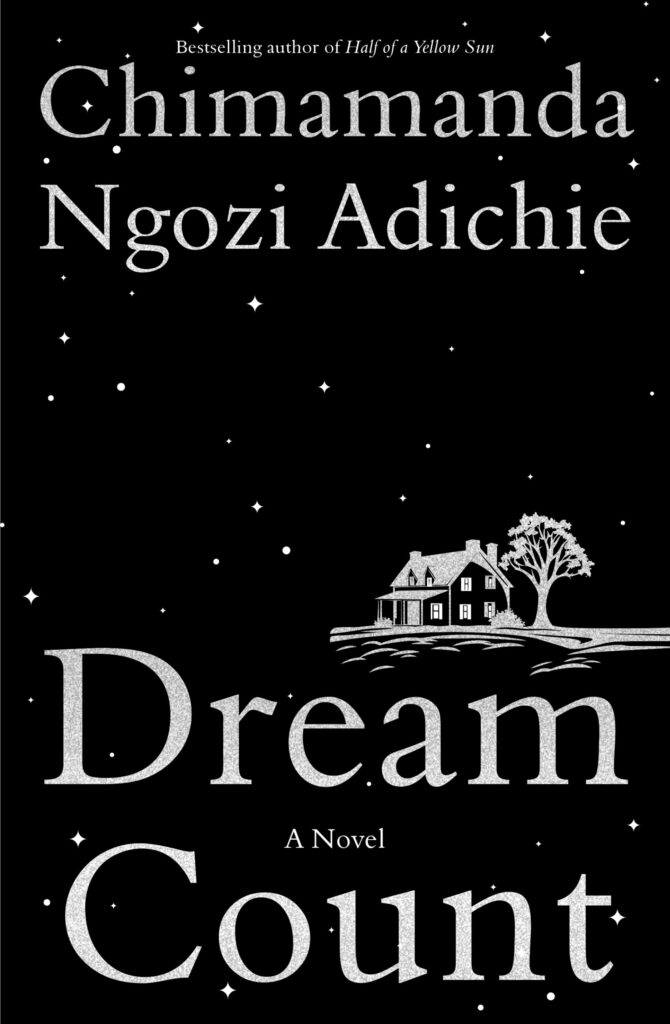Chukwuemeka Famous’ ‘We Will Live Again’ is the author’s debut novel. He is a writer who carves memory into language.
His novel is intricately woven around the dangers of religious fanaticism, the devastation of war, and the fragile search for redemption. Chukwuemeka uses his narrative to probe the psychological ruins of war, which shows how fractured minds mirror fractured nations.
The author constructs the character of Papa, a man who rises within the Evangelical Mission but falls victim to power, hypocrisy, and violence. Papa begins as a devoted Christian, serving as the treasurer of the Evangelical Mission, till the European missionary, Reverend Griggs, entrusts him with leadership to head the church. However, Papa fails to balance his responsibilities to the church with his duties at home as a father and a husband. What should have been a moment of spiritual stewardship becomes a descent into religious obsession. He neglects his family, rules his congregation with intimidation, and cloaks his unchecked desires in the language of righteousness. Domestic violence becomes the central conflict within the family. Mama, once submissive, grows resentful, while the children fight endlessly, which reflects a household devoid of true Christian nurture. This dysfunction mirrors Papa’s inability to embody the values he preaches.
Chukwuemeka expands the narrative into the historical context of the Nigerian Civil War (1967–1970), which followed after the secession of the Southeastern part of Nigeria due to marginalisation from the Nigerian government. He captures the suffering of civilians in refugee camps during the war.
Chukwuemeka does not shy away from depicting the brutal realities of starvation, bombings, and forced conscription of men to the Biafran Army. At one such camp, Papa’s faith is tested when Biafran soldiers compel him to kill a Nigerian soldier. Driven by fear, he pulls the trigger. Ironically, Papa condemns himself for this act of murder, yet never acknowledges his domestic violence as equally destructive.
Here, Chukwuemeka draws a sharp portrait of religious hypocrisy, which echoes Chinua Achebe’s insight that when the centre could no longer hold, as depicted in the chaos in Papa’s house, ‘things fall apart.’ Papa’s actions can even be read through Sigmund Freud’s psychoanalytic theory of the id. In Freudian psychology, the id is the part of the mind driven by raw desires such as lust, aggression, and pleasure-seeking without regard for morality or reason. Papa’s drinking, lust, and violence reveal a man possessed by repugnant traits previously cloaked with religious performance. These traits surface repeatedly, breaking down his family and his own peace of mind.
Yet, amid the despair, Chukwuemeka offers a counterpoint in Woha, Papa’s first son. Reverend Griggs once prophesied that Woha would be used mightily by God, and the narrative delicately nurtures this promise. Woha’s visions at the sacred pond, which the writer stylistically named ‘Iyi Ala’, capture this prophecy. The ‘Iyi Ala’ functions more than a physical site. For Woha, it is a place of premonition, memory, reconnection, and rebirth. Its presence in the narrative recalls the African metaphysical landscapes of Wole Soyinka, where mythic spaces often mediate between despair and renewal. Here, the late Reverend Griggs used the pond as a portal to communicate with Woha and resuscitate a dying butterfly, which the author presents as a metaphor for Woha’s degenerating family.
Unlike his father, who remains trapped in violence until death, Woha chooses freedom. He leaves home to seek a life where he, like the butterfly, can live and soar. Following Woha’s final decision to leave his family, rejecting his father’s fanaticism and his mother’s retreat into traditionalism, the butterfly takes flight, carrying with it the fragile yet potent promise of new beginnings.
The fusion of history, myth, psychology, and symbolism is where Chukwuemeka Famous stands apart. Chinua Achebe gave us the tragedy of cultural collision in ‘Things Fall Apart’, whereas Chimamanda Ngozi Adichie’s ‘Half of a Yellow Sun’ gave us the intimacy of war’s private costs. Chukwuemeka Famous distinguishes himself by giving us something that is a war chronicle, a psychological case study, and a spiritual allegory.
‘We Will Live Again’ reminds us that history is not recorded only in battles and treaties but also in the wounds of families and the fragile flights of symbols. The novel narrated through Woha’s perspective awakens in the reader the zeal to pick oneself from pain and rise to live. Through Woha’s decision to leave to live, the novel itself becomes an allegory of survival, insisting that sometimes we must depart from what destroys us to be reborn.
Mary Onyinyechukwu Benedict is a poet, editor, literary critic, and an M.A. researcher in English and Literary Studies at the University of Nigeria, Nsukka. A first-class graduate of English/Education, her academic interests include Border Poetics, Feminism, Gender and Sexuality Studies, and Postcolonialism. She has published poems and essays and won the Association of Nigerian Authors (ANA) Poem of the Week Award in 2024. As a reviewer, she has written critical essays on works such as Jeff Iwu’s ‘Cold Things’ and Chukwuemeka Famous’ ‘We Will Live Again’, amongst others. A member of ANA, Abuja Chapter, she is committed to shaping conversations in African literature through innovative research, critical reviewing, and creative writing. She can be contacted via email at benedictmary415@gmail.com.




